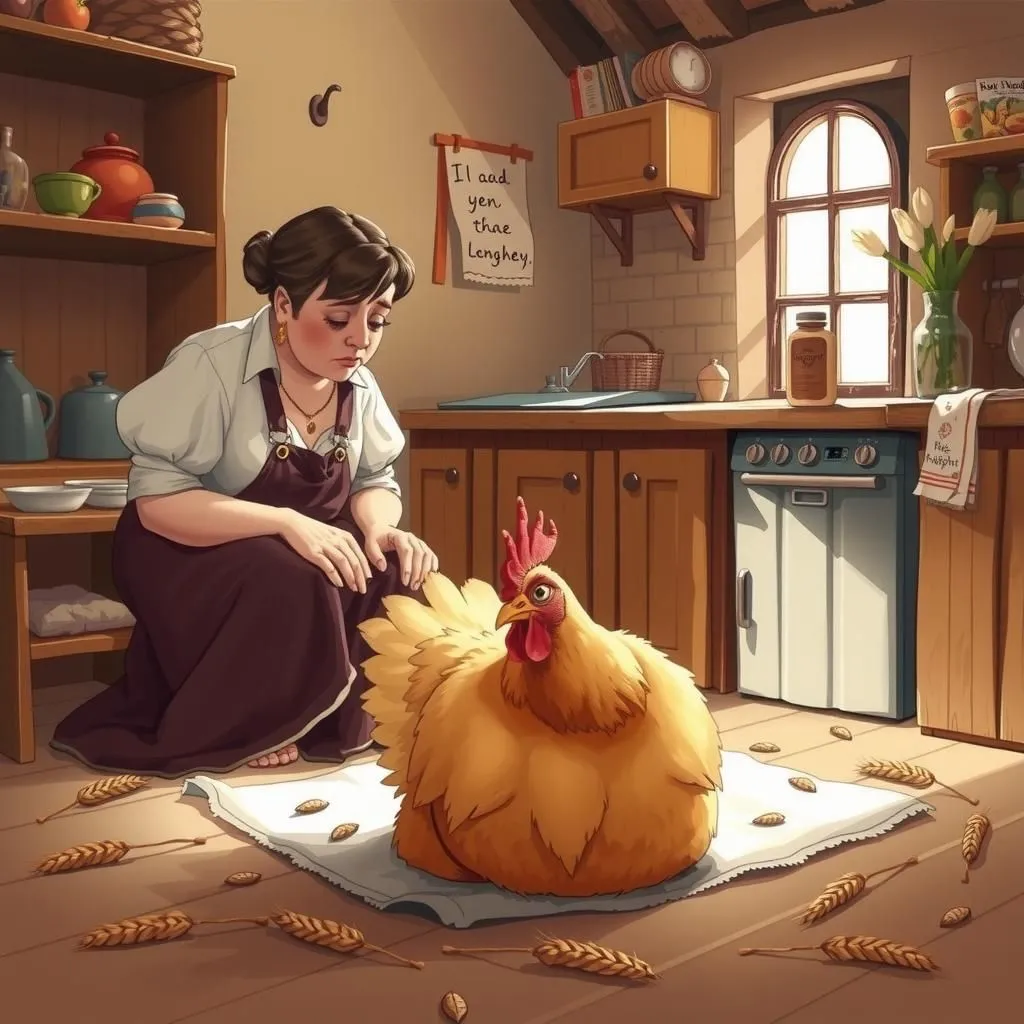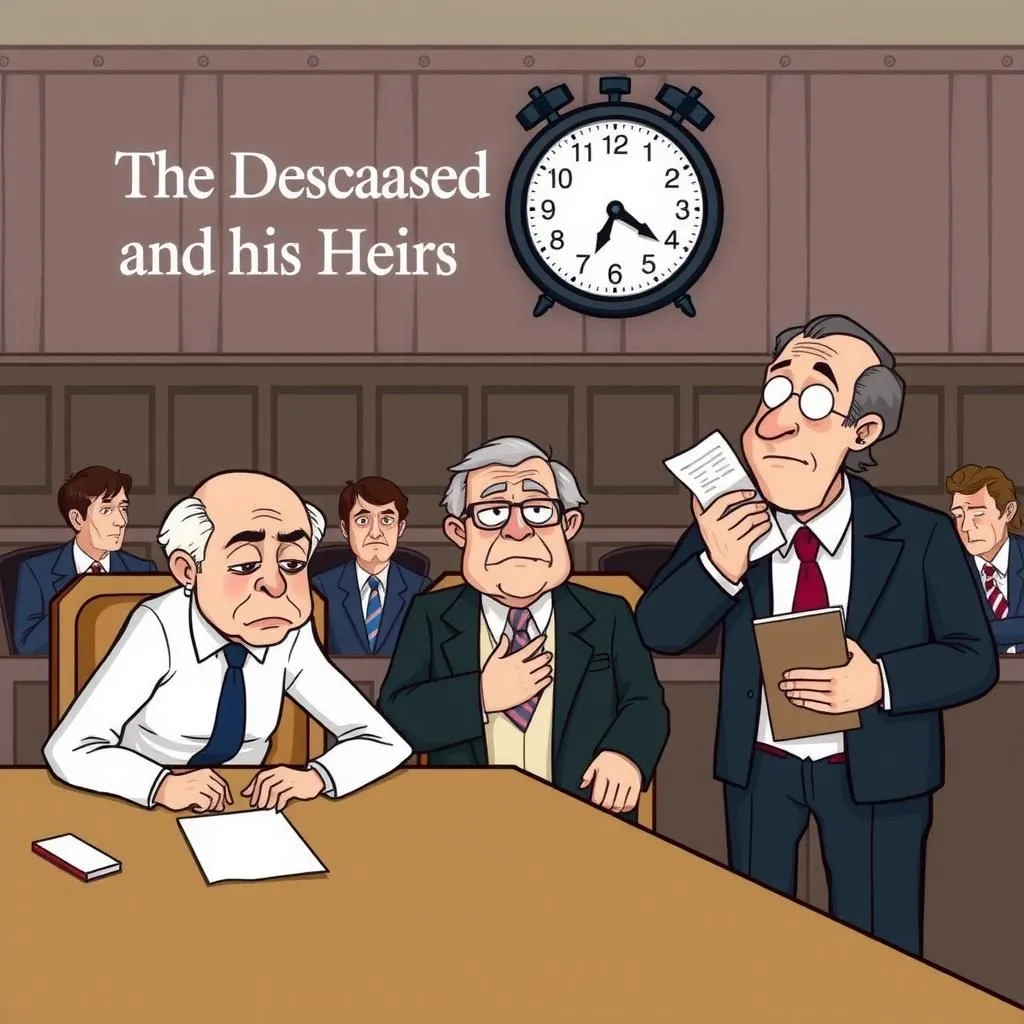
The Lion and the Hare
In this creative moral story, a Lion encounters a sleeping Hare and, tempted by the sight of a passing Hart, abandons his sure meal for a chance at a larger prize. After a futile chase, he returns only to find the Hare has escaped, realizing too late that he lost both opportunities. This meaningful story teaches that sometimes, in pursuit of greater gains, we risk losing what we already possess.


